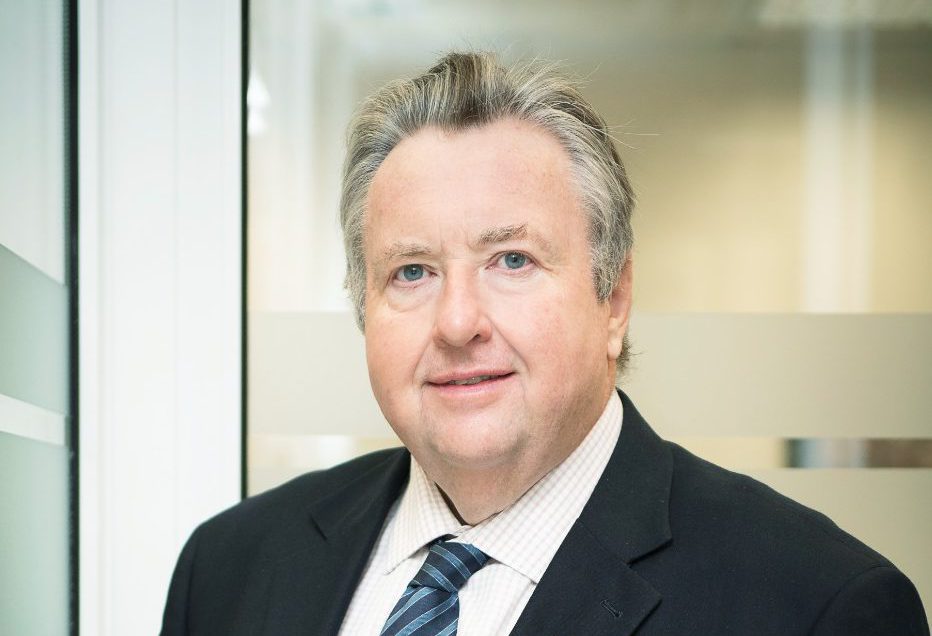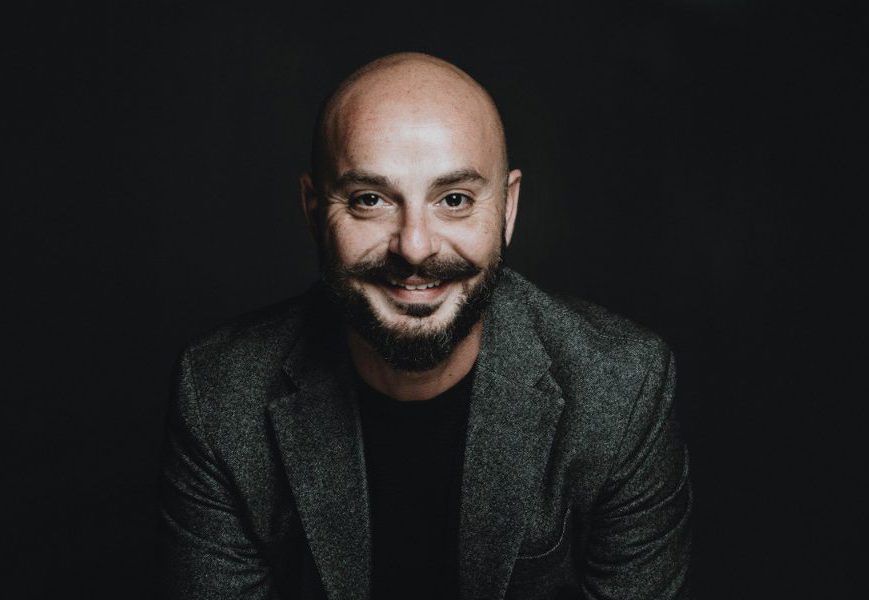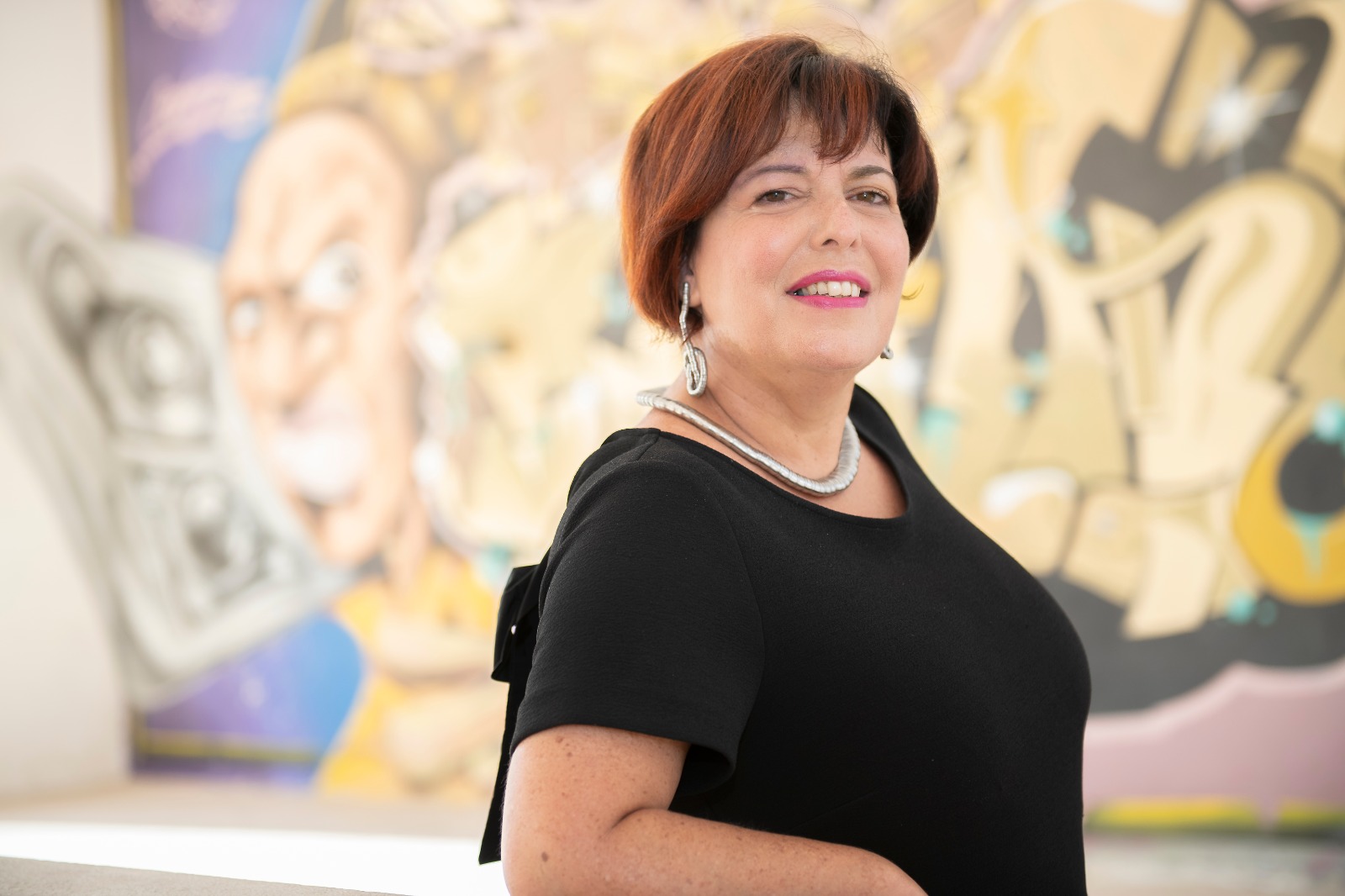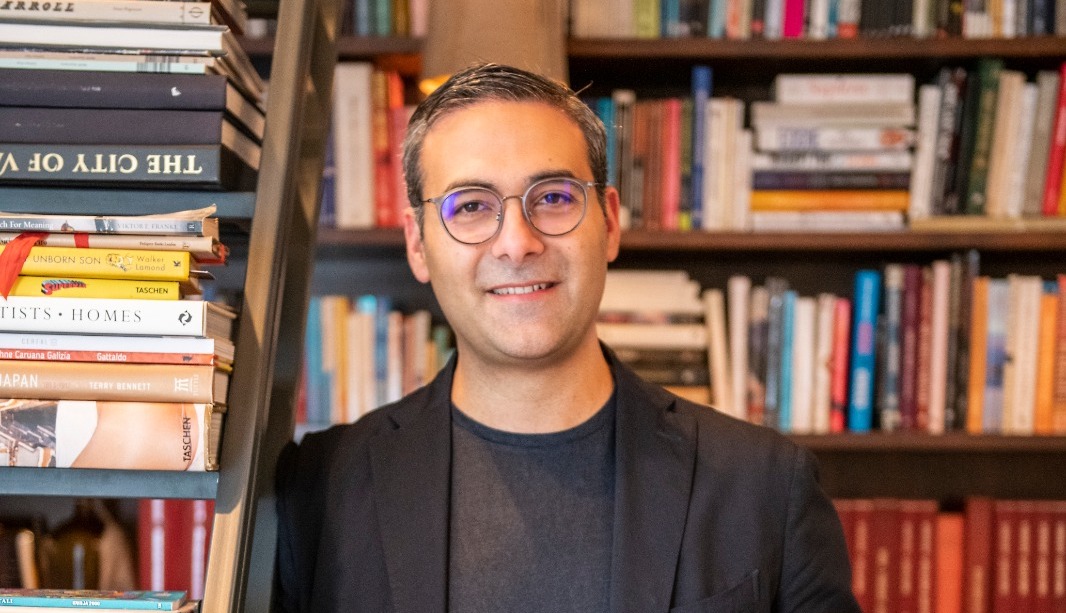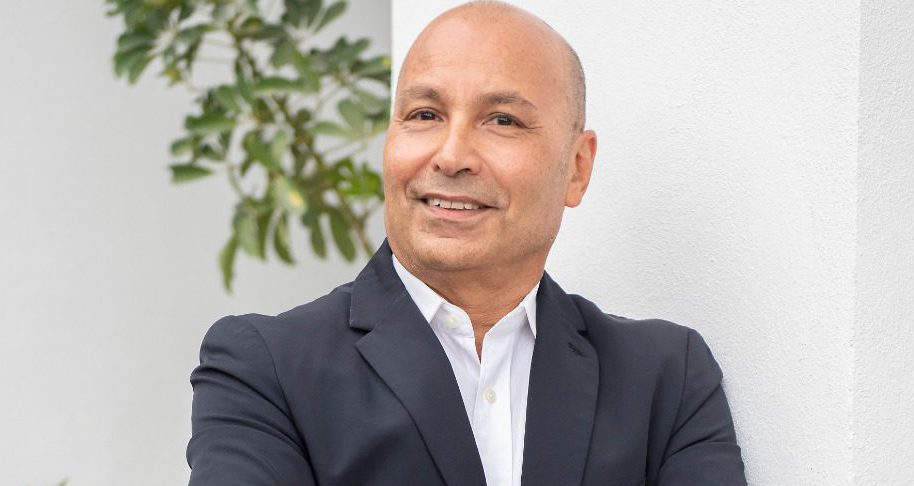Gareth Genner’s career highlights read like an international action-packed adventure. From law school to biometrics via education and mentorship, and from the UK to Malta via a long stint in the US, Gareth has let both passion and intuition guide his path.
Today, Gareth is one the co-Founders and the CEO of Trust Stamp, a Malta-based biometrics, privacy, and cybersecurity tech start-up that was listed on the Euronext stock exchange late last year – a huge achievement by any measure. As the CEO of this exciting company – one that chose Malta as its base – Gareth says his primary role is to map out the company’s path while also working closely with its major strategic partners to define and deliver the services that are provided to them.
The CEO first started work on the project in 2015, although it was based on intellectual property he had worked on for many years. The tech world has been central to Gareth’s career for a long time, even though he originally went into law.
He then obtained a part-time job in a very early-stage tech company, that was using computerisation in the real estate sector. “I thought it would be short-term but quickly found myself in the position of interim CEO,” Gareth smiles. “It sparked my love of all things tech and entrepreneurial, and that was that.”
Computers came to play an important part of everything he did going forward, including as a lawyer. Then, in a twist, Gareth was offered the opportunity of a sabbatical in 2008, during which time he became president of a small school. “That was another turning point,” he continues. “We grew the school from a high school to a college and I began mentoring students in tech entrepreneurship.”
It worked out rather well, and one of those graduating students asked Gareth if he wanted to start a tech company with him and, within six months, they had built a cloud storage company with over three million users. The duo then exited that company and Gareth took his proceeds to inject into a non-profit educational platform while continuing to learn about the field of AI and the impact he knew it would have on all economies and all lives.

The next major development on his journey came in 2015 when Andrew Gowasack, the boyfriend (and now husband) of one of his former students who had become a close friend, asked if he would mentor him as he considered going into the business world.
Gareth agreed and together they soon realised there was a tremendous need to establish trust between governments, individuals, and businesses. And that is what gave birth to Trust Stamp, a company that today develops proprietary identity solutions to help determine whether an individual is who they say they are and if they can be trusted.
“I was adamant that, when we started, we would cap our team at 12,” Gareth laughs. “I led nearly 300 people in my previous engagement and was sure I didn’t want to deal with quite so many people this time. But that early resolution of 12 did go out the window pretty quickly as we grew. We’ve now reached 70, with plans for further growth in both the short- and long-term.”
It’s an openness to the belief that good ideas can come from anywhere that appears to have underpinned Gareth’s success throughout his career. “No one has a monopoly on ideas,” he says. “We run a ‘challenge environment’ at Trust Stamp, which means it is the responsibility of every member of our team to challenge anything they think could be done better or in another way. Every team member is empowered to then bring those ideas to me or a member of the leadership team.”
Another key aspect of his leadership style is evident in the way team members are on-boarded to Trust Stamp without a clear designation set in stone. “We don’t put people into a role and assume that is going to be their entire career with the company,” Gareth continues. “It works extremely well.”
“For instance, our current Head of Communications joined us as a summer intern, then stayed on as a full-time intern, and rose up to the role she is in now. I can honestly say we wouldn’t be listed today without her; she’s part of everything the company does. It’s proof that you never quite know the value someone could bring to the table or where they could be the best fit.”
And while some people may find that approach unusual, it’s clearly working. After all, in a year when so many sectors and businesses struggled, Trust Stamp grew in ways even the team couldn’t have imagined at the end of 2019.

“In 2018, when we launched the product, our original client had exclusive rights to it, so we knew 2019 would be the year to take things to a broader market. As it turned out, the range of opportunities was wider than we could have expected, as people the world over became more reliant on remote and touchless transactions in terms of biometrics. As a result, we opened three new offices in three new countries.”
Trust Stamp even had more success than expected with its capital fundraising in 2020, raising over €1 million in 24 hours, and ending up with around five times the number of shareholders they expected. “In many ways we got more attention because of the situation,” Gareth muses. “So, while it wasn’t the year we could have expected, it was the year we actually hoped for; we just had to be flexible.”
Meanwhile – and right in the middle of the pandemic – Gareth made the move to Malta with his wife. “In early 2019 I was speaking at a financial services conference in London and was introduced to Brian Camilleri from Malta Enterprise. Having lived in the US for 25 years, I have to admit that I wasn’t up-to-date on the EU and didn’t know Malta had become a member.”
“I was keen to hear about all the developments because, with Brexit looming, we wanted to have a base in the EU and Malta turned out to be the perfect fit. Other Trust Stamp team members have moved here too, including three from the US and three from the UK. We’re very happy here.”
Gareth believes that Malta should further explore the opportunities posed by the fields of biometrics as a sector that doesn’t require many natural resources or the need to scale, and which is compatible with the island’s size. “What it does require is specialisation and support,” he stresses. “AI will go through changes and Malta has the flexibility to be at the forefront of that by creating a safe and regulated environment within which companies can operate.”
Finally, Gareth switches attention to thoughts on Trust Stamp’s own opportunities – and the sky really seems to be the limit. “There are great opportunities for acquisition in parallel with organic growth,” he says. “If you layer our technology on top of many other companies’ technology, it will substantially improve their product offerings. Now, as a publicly listed company, we are well positioned to make those acquisitions.”
Thus, in 2021, the CEO plans to broaden the company’s customer base to move outside of financial services and into a range of other sectors, like healthcare and travel. “We plan to make at least one major acquisition and, by the end of the year, it’s not inconceivable that the company could be triple the size it is now,” he says. “Oh, and as my wife will tell you, I’ll also be spending more time out of the office and on Malta’s beautiful beaches!”
This interview is part of a serialisation of 50 interviews carried out with Malta’s top CEOs, featured in the bumper edition of MaltaCEOs 2021 publication, which was recently released. Despite the many challenges of 2020, this is the largest edition to date.
Featured Image:
Bernard Polidano
‘Our ethos is quality’ – Reuben Lautier, Director of Natural Stone Workshop
Reuben has been running the business, set up by his father in 1984, for almost 20 years.
‘I relish the opportunity to inspire young people to learn, and to learn from them’ – Miriam Teuma
Agenzija Żghażagh provides young people with the time and space to make friends, learn new things and develop their talents.
‘People don’t work for a company, they work for a leader’ – Gege Gatt
The CEO of EBO, an artificial intelligence firm established to connect businesses with their customers through AI-based conversation automation, shares ...
‘With collaboration, perseverance and innovation, we will achieve our objectives’ – Carmel Cachia
The eSkills Malta Foundation CEO shares his mission to improve Malta’s digital skills.


